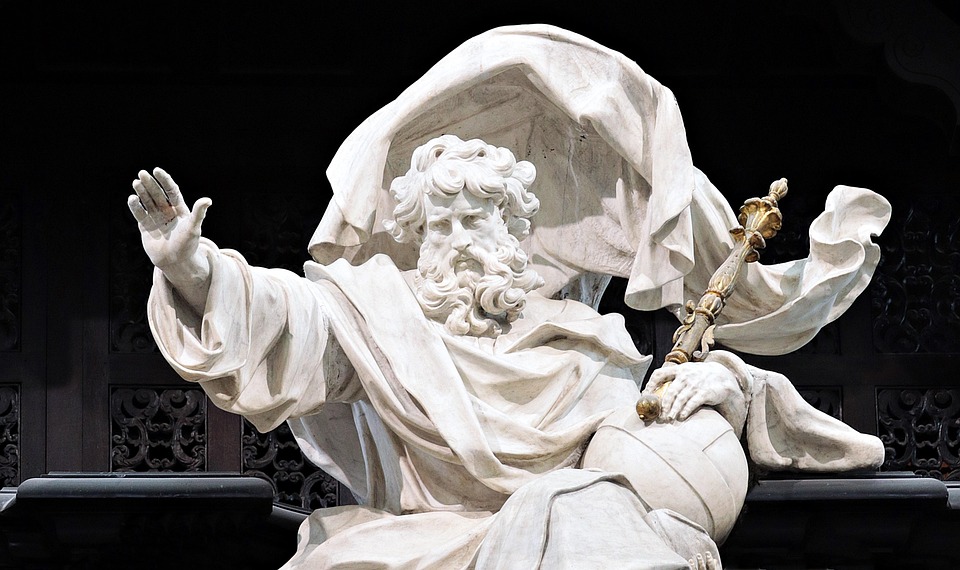In recent years, the digital landscape has undergone a significant transformation, catalyzed by the meteoric rise of content creators. From YouTubers and TikTok influencers to podcasters and bloggers, these individuals are not just sharing their passions but captivating global audiences, reshaping industries, and influencing culture in ways previously unimaginable.
The New Age of Influence
The term "content creator" encompasses a broad range of individuals who produce and share content across various platforms. This diverse group includes professionals and amateurs alike, who leverage tools like smartphones, cameras, and editing software to craft engaging narratives. As technology progresses, the barriers to entry for becoming a content creator continue to diminish. With platforms like Instagram, YouTube, and TikTok providing free and accessible means to reach audiences, anyone with creativity and determination can carve out a niche.
The Democratization of Content
One of the most profound shifts brought on by content creators is the democratization of content. In the past, media production was largely the domain of large corporations with considerable resources. Now, anyone with imaginative ideas can create high-quality content and attract viewers without traditional gatekeepers. This democratization has led to a more diverse array of voices, perspectives, and ideas, enhancing the richness of online conversations.
Shaping Consumer Behavior
The influence of content creators extends well beyond entertainment. Brands have recognized the power of these influencers to shape consumer behavior and drive sales. According to recent studies, over 70% of teenagers trust influencers more than traditional celebrities. This trust translates into lucrative partnerships, as brands collaborate with content creators to promote products authentically.
For instance, beauty brands often enlist makeup artists on Instagram to demonstrate products, while tech companies might collaborate with tech reviewers on YouTube to showcase new gadgets. These partnerships often yield higher engagement rates than traditional advertising, as audiences feel a genuine connection to the personalities behind the content.
Navigating Challenges
Despite their growing prominence, content creators face unique challenges. The digital landscape is ever-evolving, with algorithms changing frequently and audience preferences shifting just as quickly. For many creators, maintaining relevancy can feel like a perpetual race against the clock. Additionally, the mental toll of constant content production and public scrutiny can lead to burnout.
Moreover, the monetization of content remains a complex issue. While influencer marketing is booming, not all creators can successfully convert their audience into subscribers or sales. Finding the right balance between authenticity and commercial viability is a significant challenge that many face as they look to sustain their careers.
Community and Connectivity
One of the most enduring aspects of content creators is their ability to foster communities. From niche forums to multimillion follower fan bases, creators cultivate spaces where like-minded individuals gather, share experiences, and find belonging. This sense of community can have profound effects on individuals, particularly in an increasingly fragmented and digital world.
Platforms like Twitch, Discord, and Patreon have given creators tools to deepen their relationships with their audiences, creating spaces where followers can interact not just with creators but with each other. These communities often become pivotal support systems, uniting people from all walks of life around shared interests and hobbies.
The Future of Content Creation
Looking ahead, the trajectory of content creators is poised to evolve further. Advances in technology such as virtual reality (VR) and augmented reality (AR) offer exciting new avenues for storytelling and interaction. The rise of blockchain technology and NFTs also presents potential transformative opportunities for content ownership and monetization.
As the digital landscape continues to mature, the relationship between creators and their audiences is likely to deepen. The challenge for creators will be to innovate and adapt while remaining true to their authentic selves amid an ever-changing environment.
Conclusion
The rise of content creators represents a seismic shift in the digital landscape, redefining how we consume information and connect with one another. By democratizing media, shaping consumer behavior, fostering community, and navigating challenges, these individuals are not just influencing trends but also creating a cultural tapestry rich with diversity and authenticity. As we move forward, content creators will undoubtedly continue to play a pivotal role in shaping the digital narrative of our time.



